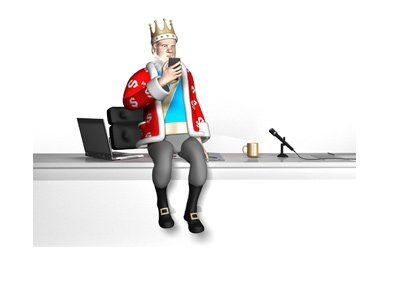Probably the most important single theory to understand in Texas Hold'em is position. Knowledge of position, and how to use it to your advantage, is absolutely critical in Texas Hold'em.
The basic theory is this: the later you are to act, the more strength and power you have over the table. By being last or near last to act, you get to see all of the betting and how people are reacting to their cards before the action gets to you. The later you are to act, the more aggressive you can be.
At a normal table you have the BB, the SB, and then the Dealer. Pre-flop, the BB is last to act, but after the flop, the person with the dealer button is last to act. This is extremely important to know. The earlier you act, the narrower of a range of hands you can play. Let me give you two examples here:
You are playing in a full ring game. You are first to act. You are dealt A10. What do you do? With all of those players left to act, A10 is a fairly weak hand, and you should throw it away. Sure, you could limp or try to raise, but what happens if you are re-raised?
Here is example number two. You are the button, and you are dealt A10 again. Everyone has folded to you, and the SB and BB are still left to act. Because you have the button and will be acting last after the flop, you should be extra aggressive with your hands. Why? Because, not only do you have a chance to pick up some blinds if the SB and BB both have weak hands, but you will also have position after the flop.
You raise with your A10. The SB folds, and the BB calls. The flop comes 2 2 4, and the BB checks it to you. What do you do? Bet bet bet. You bet here, and most of the time the BB will fold the pot to you. If he calls or you are re-raised, then it is likely that he caught a piece of the flop and you will have to re-evaluate. But raising in the button, even with mediocre hands, is often a good play as you will have position after the flop, and position is crucial.
Hands like KQ and A10 are almost worthless in early position, but they gain value the later you are to act. This is the importance of position.
--
Filed Under: Miscellaneous Poker Articles



